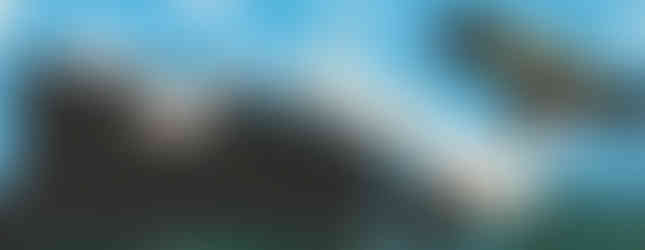Baltic Sea Project
- Apr 25, 2020
- 2 min read
Updated: Jun 22, 2020
The Baltic Sea is surrounded by Denmark, Estonia, Finland, Latvia, Lithuania, Sweden, northeast Germany, Poland, Russia and the North and Central European Plain. The sea, which is a Mediterranean sea connected to the Atlantic ocean has brackish water which is a mix of freshwater from rivers and the saltwater from the Atlantic ocean. It is known as the most polluted sea in the world. The major reason for pollution is the chemical waste from commercial farming and manufacturing plants that are carried with the rivers flowing into the sea. Another reason for concern is the overfishing practiced in the sea and pollution arising from it. It is the youngest sea and has unique biodiversity which needs to be preserved. This project integrates art, science, and technology to teach students about the Baltic Sea and its critical role in environmental sustainability.

More resources about the baltic sea-
UNIT OVERVIEW AND LEARNING OUTCOMES:
This project is designed to provide students with a deeper understanding of different Baltic Sea creatures and their environment. Students research and draw a Baltic creature. Working collaboratively, students create a large mural of the Baltic habitat. ICT integration coincided as facts and information about the individual sea creatures are visually revealed by scanning AR markers which allow mural viewers to watch various videos students created regarding the Baltic sea project.
UNITED NATIONS SUSTAINABLE DEVELOPMENT GOALS ADDRESSED:
UN goal 15: Life below water
UN Goal 13: Climate Action
UN Goal 15: Life on Land
TECHNOLOGY USED:
QR codes, tablets or phones
Read more about using QR codes in education- https://www.edutopia.org/blog/QR-codes-teaching-andrew-miller
ARTFORM USED:
Mural- A mural is a piece of artwork applied directly on a wall and is an important aspect of socially engaging art.
Read more about mural art form- https://www.widewalls.ch/what-is-a-mural-the-history-and-meaning/
Read more about mural-making process- https://www.art.utah.edu/murals/mural-making-process/
Picture Gallery from the Project
DOWNLOAD LESSON PLAN PDF BELOW
















Comments